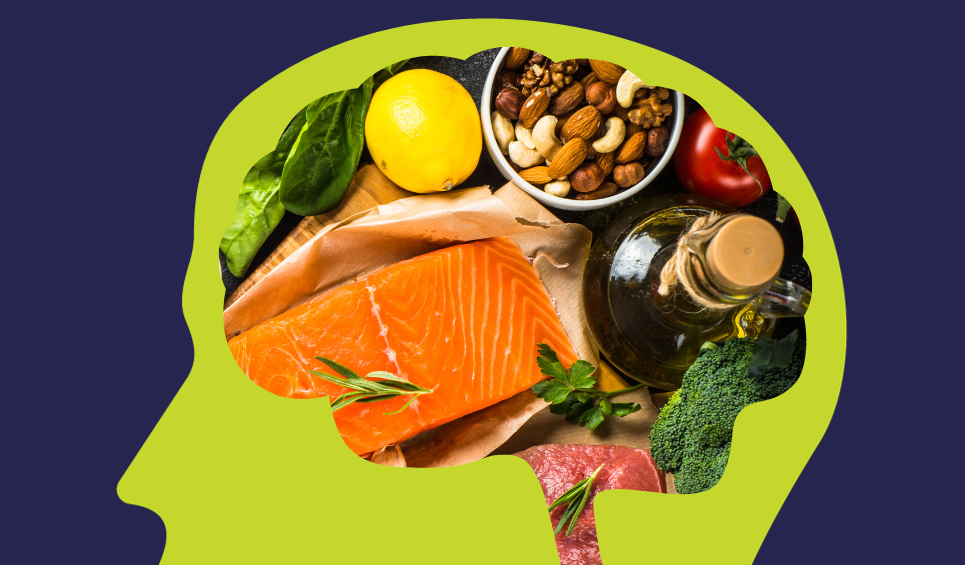The article suggests that there may be connections between the ketogenic diet and various aspects of ADHD management.
ADHD and Its Challenges: ADHD is a neurodevelopmental disorder that affects attention, organization skills, and cognitive functions. It can impact academic performance, productivity, relationships, and emotional well-being. It's estimated that around 9.8% of children in the United States aged 3-17 have been diagnosed with ADHD.
The Ketogenic Diet Explained: The ketogenic diet is a high-fat, low-carb eating approach. It involves reducing carbohydrate intake, increasing fat consumption, and consuming moderate amounts of protein. This diet triggers the production of ketones, which are energy compounds that can benefit brain cells and mental functions.
Top 10 Ways the Ketogenic Diet May Help Alleviate ADHD:
1. Enhanced Focus and Cognitive Function: The stable energy provided by the ketogenic diet can lead to improved mental clarity and focus, which are valuable for individuals with ADHD.
2. Reduced Hyperactivity and Impulsivity: The diet's impact on neurotransmitters like dopamine and serotonin might contribute to a decrease in hyperactivity and impulsivity commonly associated with ADHD.
3. Improved Mental Clarity and Mental Performance: The diet's effects on brain cell mitochondria can enhance cognitive processing, memory, and overall mental functioning.
4. Balanced Mood and Emotional Stability: The ketogenic diet may help balance serotonin levels and stabilize neurotransmission, potentially leading to improved mood and reduced irritability in individuals with ADHD.
5. Reduced Inflammation: The anti-inflammatory effects of the ketogenic diet could be beneficial for ADHD, as chronic inflammation has been linked to neurological conditions.
6. Improved Sleep Quality: The diet's impact on neurotransmitters, nervous system relaxation, and inflammation reduction might improve sleep quality, which is often problematic for individuals with ADHD.
7. Metabolic Health and Weight Management: The ketogenic diet's effectiveness in treating metabolic syndrome and obesity could have positive effects on ADHD symptoms, given the association between ADHD and metabolic issues.
8. Personalized Approach and Autonomy: Practicing the ketogenic diet empowers individuals to actively manage their health and symptoms, boosting self-esteem, motivation, and overall quality of life.
9. Potential for Personal Autonomy: By actively managing their diet and observing how it impacts their ADHD symptoms, individuals can gain a sense of control over their condition and improve their overall well-being.
Conclusion: While the scientific evidence connecting the ketogenic diet and ADHD is still emerging, research suggests that the diet might offer significant benefits for managing ADHD symptoms. It could potentially improve focus, cognitive function, mood stability, sleep quality, and more. However, it's important to approach dietary changes with caution and consult with a medical professional before making significant alterations to one's diet, especially for individuals with medical conditions like ADHD.
Please remember that while this information is based on the provided content, it's always advisable to consult with a medical professional or registered dietitian before making any significant changes to your diet or treatment plan.











